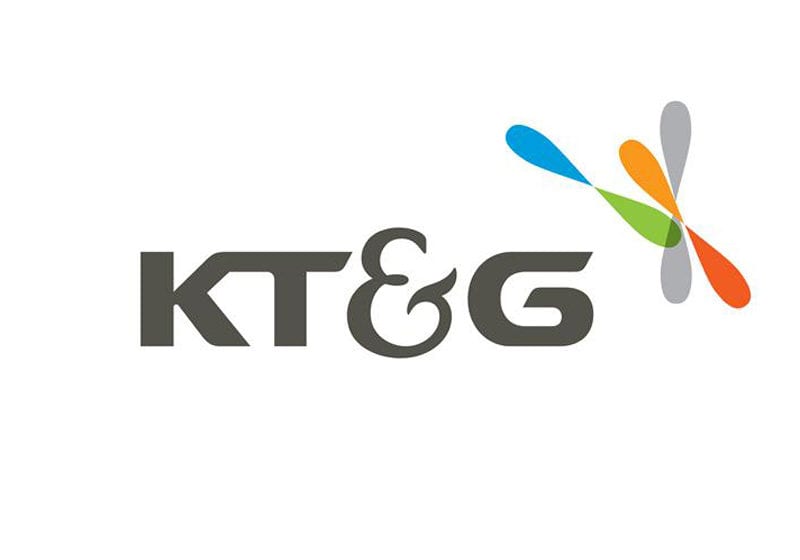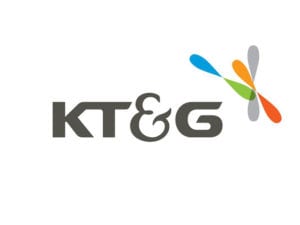
(Photo: Imperial Brands)
Employees of Imperial Brands are taking part in a series of online activities today to celebrate International Women’s Day (IWD).
The event aims to highlight the significant benefits of gender balance to society and to the business and the acts people can take as individuals to call out gender bias.
The program of events has been arranged by a group of employees from various parts of the Imperial business and builds on a range of country-specific activities held in recent years.
Attendees will hear presentations and stories from senior female leaders in the business, including Chief People and Culture Officer Alison Clarke, and several external speakers. Among the attendees will be Imperial Brands’ chair, Therese Esperdy, and Imperial Brands’ CEO, Stefan Bomhard, who will make an opening address.
The theme of this year’s International Women’s Day is Choose To Challenge. “This is the culture we want to build at Imperial: a culture of individuals that think for themselves and bring their best game every day because they feel they belong and are included,” said Bomhard in a statement.
“We are building a company with a challenger mindset and that means having a diverse population of employees who are open to change and new ideas.”
Imperial is committed to increasing female representation with senior management roles to 30 percent by 2023. Last year, Imperial conducted a global diversity and inclusion study, and the results will help shape the company’s new culture and ways of working in support of its new strategy.





 KT&G will hold its 34th annual general meeting (AGM) of shareholders on March 19, 2021, at 10 a.m. Korea Standard Time.
KT&G will hold its 34th annual general meeting (AGM) of shareholders on March 19, 2021, at 10 a.m. Korea Standard Time.












 Covectra, a supplier of serialization and track-and-trace solutions for tobacco and other applications, has appointed Renaat Van den Hooff and Gary Miloscia to its board of directors, effective Feb. 15, 2021.
Covectra, a supplier of serialization and track-and-trace solutions for tobacco and other applications, has appointed Renaat Van den Hooff and Gary Miloscia to its board of directors, effective Feb. 15, 2021.